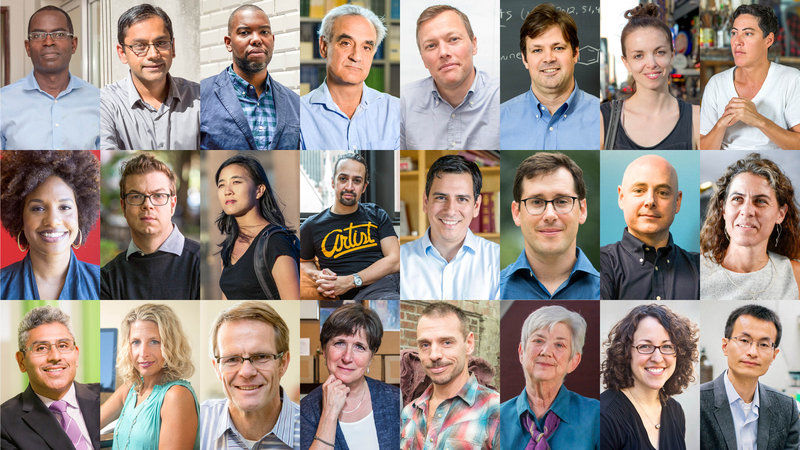It must be nice being a genius, especially if that comes with a five-year $625,000 John D. and Catherine T. MacArthur Foundation "genius grant," as the annual awards are informally known. It's nice work if you can get it -- but you probably can't.
It turns out there isn't much you can do to be recognized as the genius that you are, at least according to your mom that time you made an intricate pipe cleaner sculpture at summer camp. You can't apply or ask to be nominated. You never even know who may be judging your work at any moment for potential genius material. For the 24 people announced as this year's MacArthur fellows, the call letting them know of their newfound status came as a surprise.
"It's one of those things you dream about," said Christopher Ré in the video below.
Ré, an assistant professor in computer science at Stanford University, was one of two Bay Area researchers picked for the no-strings-attached prize. His work focuses on analyzing big data by building programs that are capable of processing "dark data" -- i.e., things like objects, images and books that are not typically accessible to standard database processing. And if that made sense to you, well, then you're at least a semi-genius.
